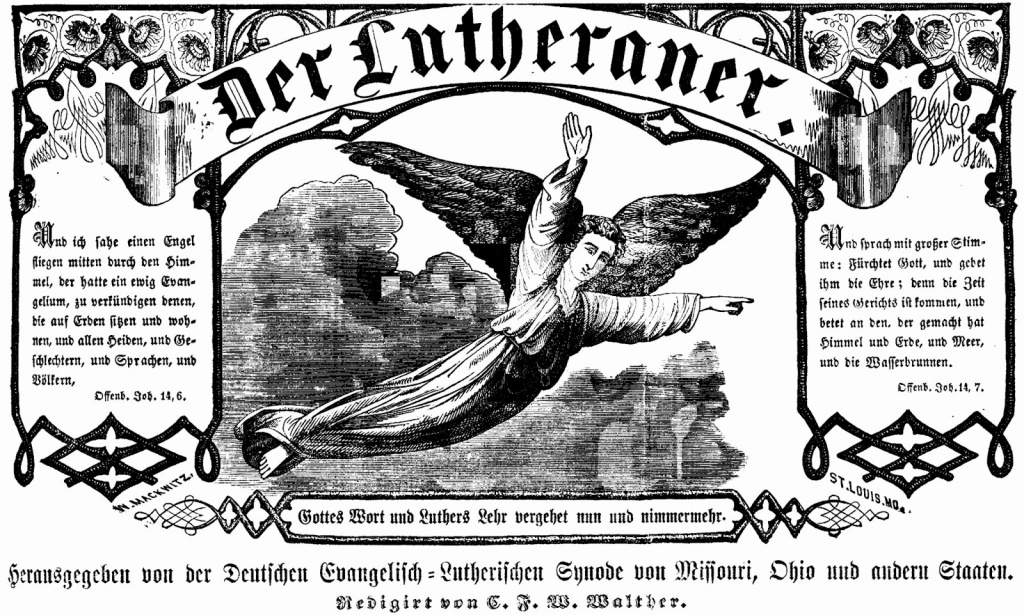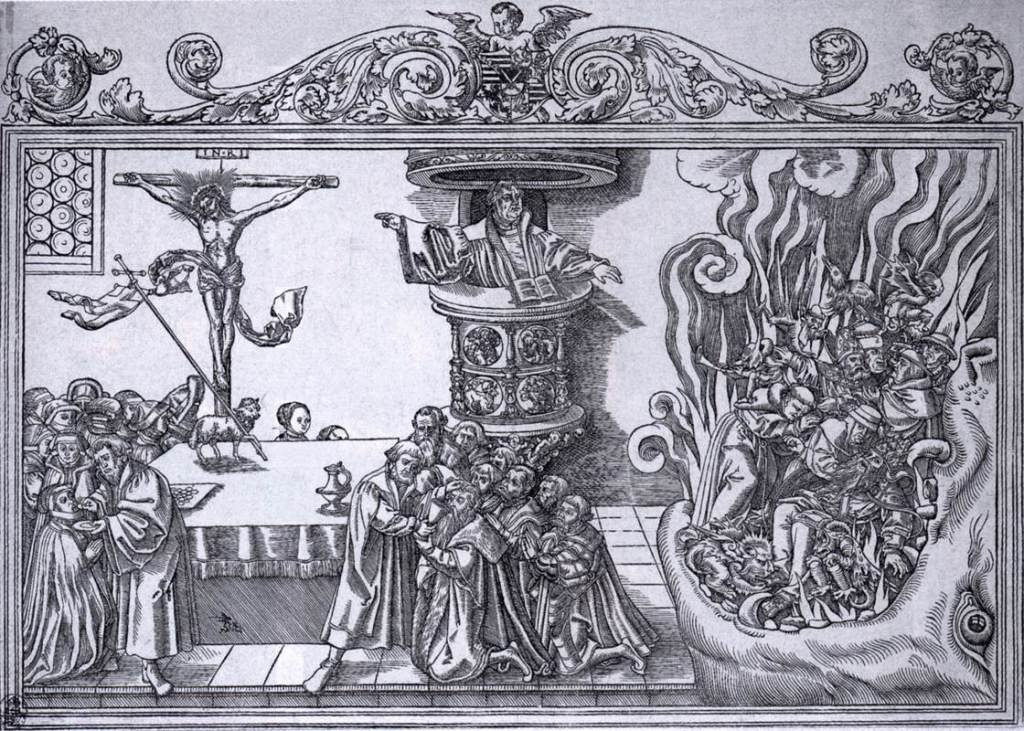The Religion News Service has recently published a most blasphemous article praising apostate Bart Ehrman, describing his devil’s work as “regularly disabus[ing] readers of their preconceptions about Christianity and its origins.” It gives the following as examples:
No, the devil does not appear in the Garden of Eden — or anywhere in the Hebrew Bible (though the word “Satan” appears elsewhere a handful of times).
No, the doctrine of the Trinity does not appear in any of the earliest versions of the First Epistle of John. (It first shows up in a manuscript from the 14th century.) [This conveniently ignores all Latin manuscripts.]
No, Jesus did not believe the righteous go to heaven. More likely he thought God would physically resurrect the dead as part of a new kingdom on Earth.
The RNS reports further:
Ehrman, who calls himself both agnostic and atheist (he doesn’t know if there is a God, but he doesn’t believe there is), insists he’s not out to undermine anyone’s faith.
It is, of course, ridiculous for one to proselytize (so to speak) for unbelief and then claim to have no desire to “undermine anyone’s faith.”
Now, the RNS next rushes right against all reason and ascribes to Ehrman “Christian moral obligations,” giving the example of donating to charity. Of course, every Christian knows that “whatever is not of faith, is sin” (Rom. 14), and the judgment of God on such works is therefore known to them: they shall be rewarded with wrath and fury (Rom. 2).
Next, the RNS brings forth the testimonies of other apostates:
“You spend your whole life and never hear anything about stuff like this,” said John Chandler, a lapsed Episcopalian from Atlanta and one of Ehrman’s subscribers. “Church education — quote Bible study — doesn’t touch on any of the facts or history of it at all.”…
For Dave Bohn, a retired accounting and finance professional, Ehrman’s blog has been nothing less than liberating. He grew up a Southern Baptist believing the Bible is inerrant but was always puzzled by certain passages.
“I was searching and in fact, hurting. Why was I believing this?” said Bohn, 65, who lives outside New Braunfels, Texas. “As I was making a transition away from conservative Christianity, I came across one of Bart’s books.”…
“I had cultural things that had hooks in me. Bart’s writings helped me get over the hump. It gave me the tools to rise above it. I became emotionally free not to be captivated by it.”
For a corrective to the lies of atheist scholars such as Ehrman, in order that the pitfalls of these men might not become the reader’s own, I recommend Theodore Engelder’s Scripture Cannot be Broken and Franz Pieper’s Christian Dogmatics (see here, here, here, and here) [German text available here].
The RNS continues:
Ehrman already has a plan for his next book. It will be about charity. He said the Jewish idea of giving to the poor — adopted by Jesus — was entirely alien to the Greek and Roman world. And yet, when Christianity became the official religion of the Roman Empire, it became the gold standard of ethics.
It is beyond obvious that “the Jewish idea of giving to the poor” was not “adopted by Jesus”; rather, He commanded a much greater charity than practiced by the Jews of first century Palestine. This is seen with His words: “Give to everyone who begs from you … lend, expecting nothing in return” (Luke 6). Rather, the wicked Jews took Moses’ allowing usury committed against the Gentiles — which usury God completely condemns in His holy prophets (e.g., Ezek. 18) — and turned it into a most wicked command. Thus one has a most displeasing picture of how Ehrman’s book on charity will turn out.





